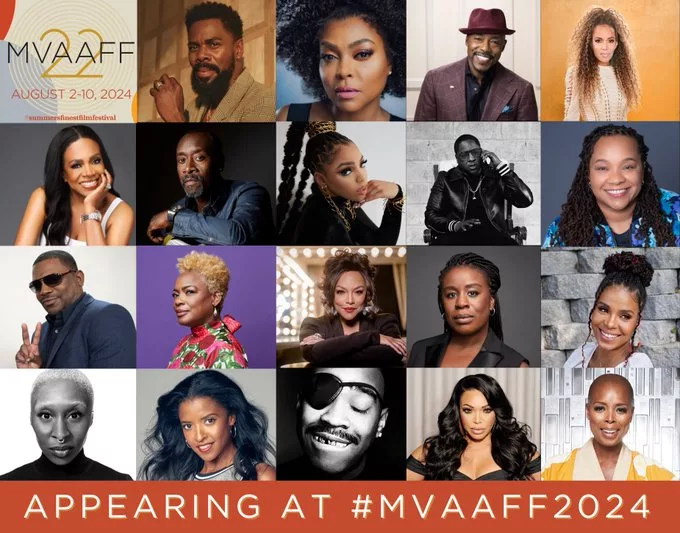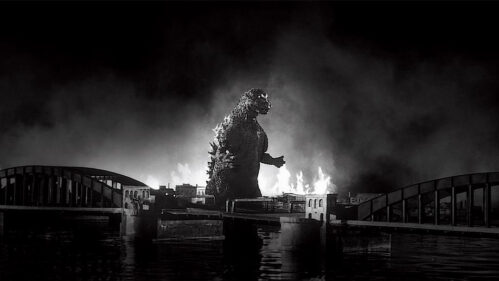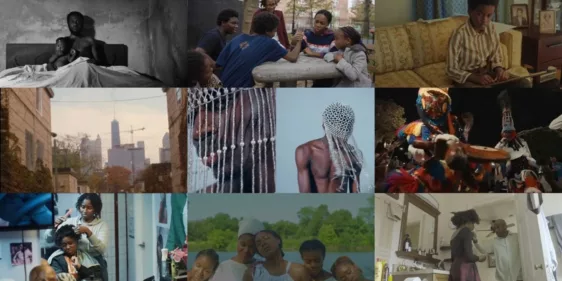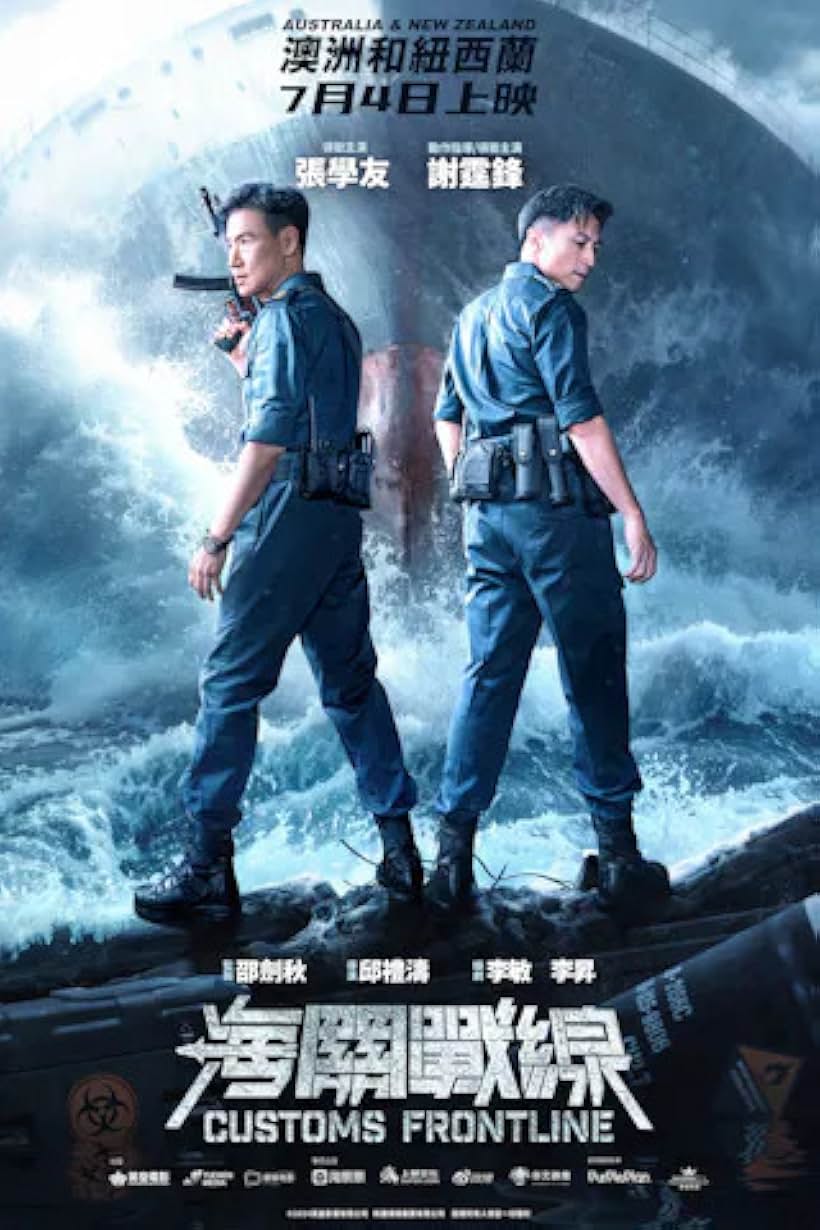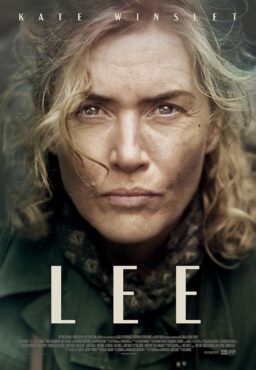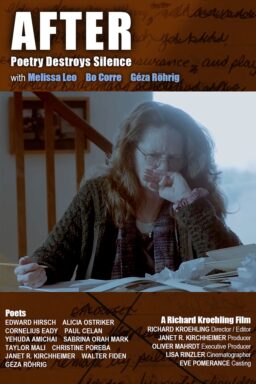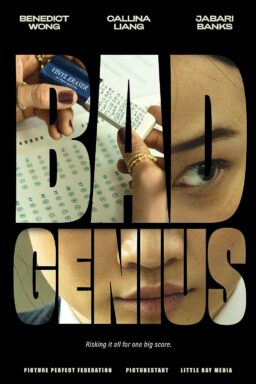There are few Black film festivals as celebrated or talked about as The Martha's Vineyard African American Film Festival, the finest film festival of the summer. The 22nd annual MVAAFF took place on the tiny island outside at the local high school Performing Arts Center. This is one of the country's most decadent film fests, decorated in satin brown and beige fabrics with maroon table settings and golden monogrammed pillow casings. While many festivals are marketplaces where work can be sold, MVAAFF showcases features, episodic, and shorts that already have distribution deals. Many of the films in the festival seek awards, press exposure, and industry notoriety. The 12-hour, 7-day festival does not disappoint with celebrity talkbacks, catered snacks, and daily sponsor gift giveaways. Each moment of the festival was extravagant.
The festival kicked off opening night with a preview screening of "Sing Sing," followed by a Q&A with Colman Domingo, and kept rolling for the next week with stars like Sheryl Lee Ralph, Nicole Rockwell, Sanaa Lathan, and directors like Sam Pollard, Will Packer, and Dream Hampton.
I was impressed by the inclusion of episodic programs, like Natasha Rothwell's upcoming Hulu series "How to Die Alone" premiering September 13th, as television has not traditionally been included in film festivals. Peacock previewed the first episode of their new series "Fight Night," starring Kevin Hart & Don Cheadle, premiering September 5th, followed by a star-studded Q&A about this little-known historic Boxing night. There was a special season premiere of the MGM series "Emperor of Ocean Park," which is set in the world of politics, elite academia, and the beaches of Martha's Vineyard. In this fascinating new program at the fest, Natasha Rothwell spoke at length about wanting to be a leading actor but needing to create her own content to get that break-out role. Will Packer spoke about reaching into history for inspiration for "Fight Night," and working with the network to create and distribute independent Black projects.
Not all films have secured distribution but the festival gives network executives a glimpse at the next up and coming shorts filmmakers. There were some great short documentaries and films like "Dying to Vote," "The Rebel Girls," "Betty and Blue" that we hope find a home for later viewing.
There was no shortage of features focused on the social issues of contemporary and historic black life, such as "How to Sue the Klan" and "False Positive," which focuses on the pursuit of justice. But there were also films about Black culture, traditions, and even romance such as "It Was All A Dream" and "Freedom Hair".
Feature films like "The Supremes At Earl's All You Can Eat," "Albany Road" (which also played Ebertfest this year), and "Luther: Never Too Much" were among the highlights of the festival, packing theatres to standing room only, with people turned away at the door. The audience was so excited about Luther Vandross that you could hear them singing along to every song and musical interlude during the film. It was a great reminder how important and valuable it is for audiences to have in-person screenings, a valuable way for audiences to connect and share an experience.
I volunteered at the theatre and had the privilege of watching films, and meeting moviegoers from all across the country. MVAAFF is a great opportunity to meet students, producers, artists, actors, and filmmakers from novice to mainstream, but it is more than just a film festival. It is a celebration of Black Northeast culture and the people who make it. With exclusive off-site events, ticket and pass holders could attend parties and special dinners to meet with directors, sponsors, and special guests. The festival offered 7am Yoga, and there was a Polar Bear plunge every morning led by some of the local members. I joined in the Polar Bear plunge and watched the sun rise over the Atlantic while exercising in the cold water to get warm. It was a full-body workout, and one I am sure will keep you young at heart!
This festival reminded me how important it is for African-American filmmakers to make an investment in African-American film festivals. It's important to pay submission fees, travel to the festival, volunteer, purchase tickets, and do anything we can to help keep festivals like these and others alive. It was fun preparing to stand in line and rush the theatre like a rock concert to see a documentary, rom-com, and drama episodic TV made by Black creatives. At a time when Hollywood is going bankrupt and closing down, audiences are looking for more niche media that speaks to their perspective than ever before. And while MVAAFF supports the work of countless independent projects, it also highlights how many Black-produced projects are headed to theatrical and mainstream distribution. It's important to hear from filmmakers and producers who can speak to what it takes to become successful in the global media industry.
